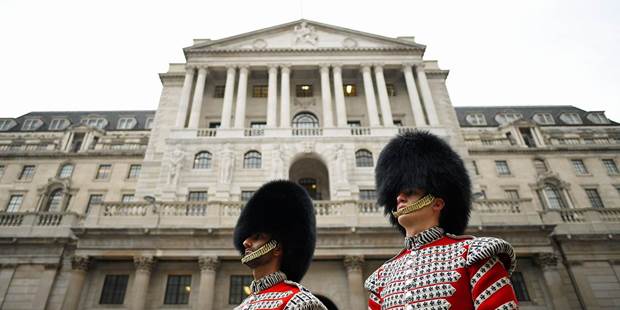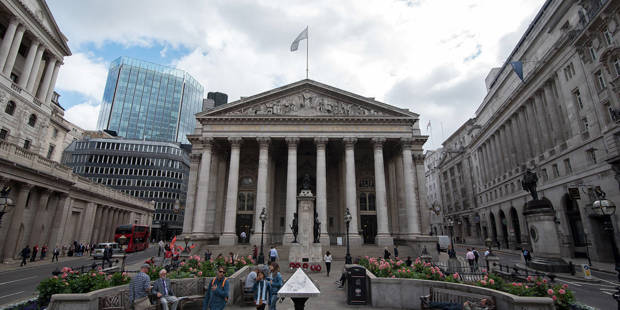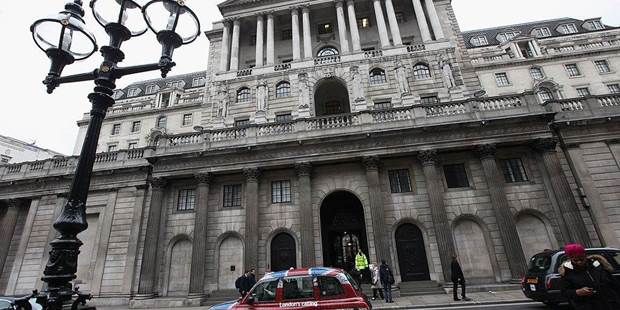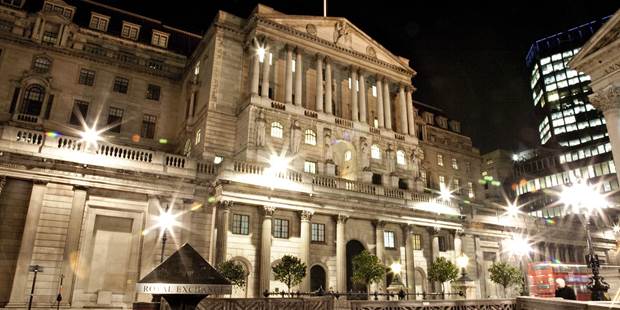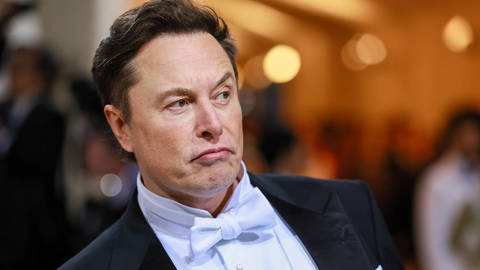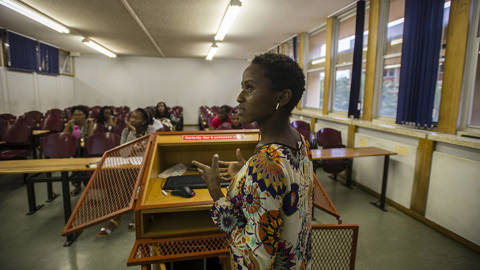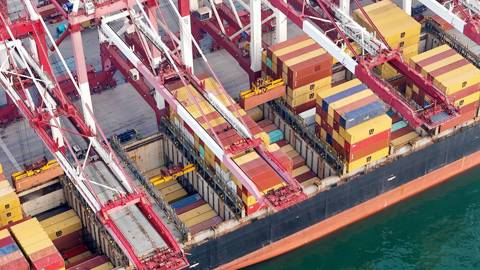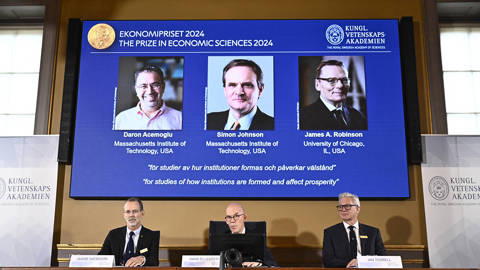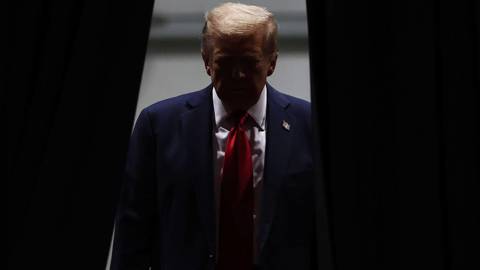When central banks’ primary role was to maintain price stability, freeing them from political meddling ensured the credibility they needed to achieve their mandate. But in the wake of monetary policymakers’ massive market interventions to boost growth, many politicians are wondering if independence has gone too far.
- Barry Eichengreen thinks central banks can best preserve their independence by speaking more clearly and more often – and avoiding questions remote from their policy goals.
- Likewise, Otmar Issing argues that the European Central Bank’s independence is increasingly at odds with its broadening mandate.
- But Yanis Varoufakis believes that independence is a chimera, because the money central banks create represents a shrinking share of the total money supply.
- And Howard Davies agrees that large-scale quantitative easing blurs the boundary between monetary and fiscal policy.
